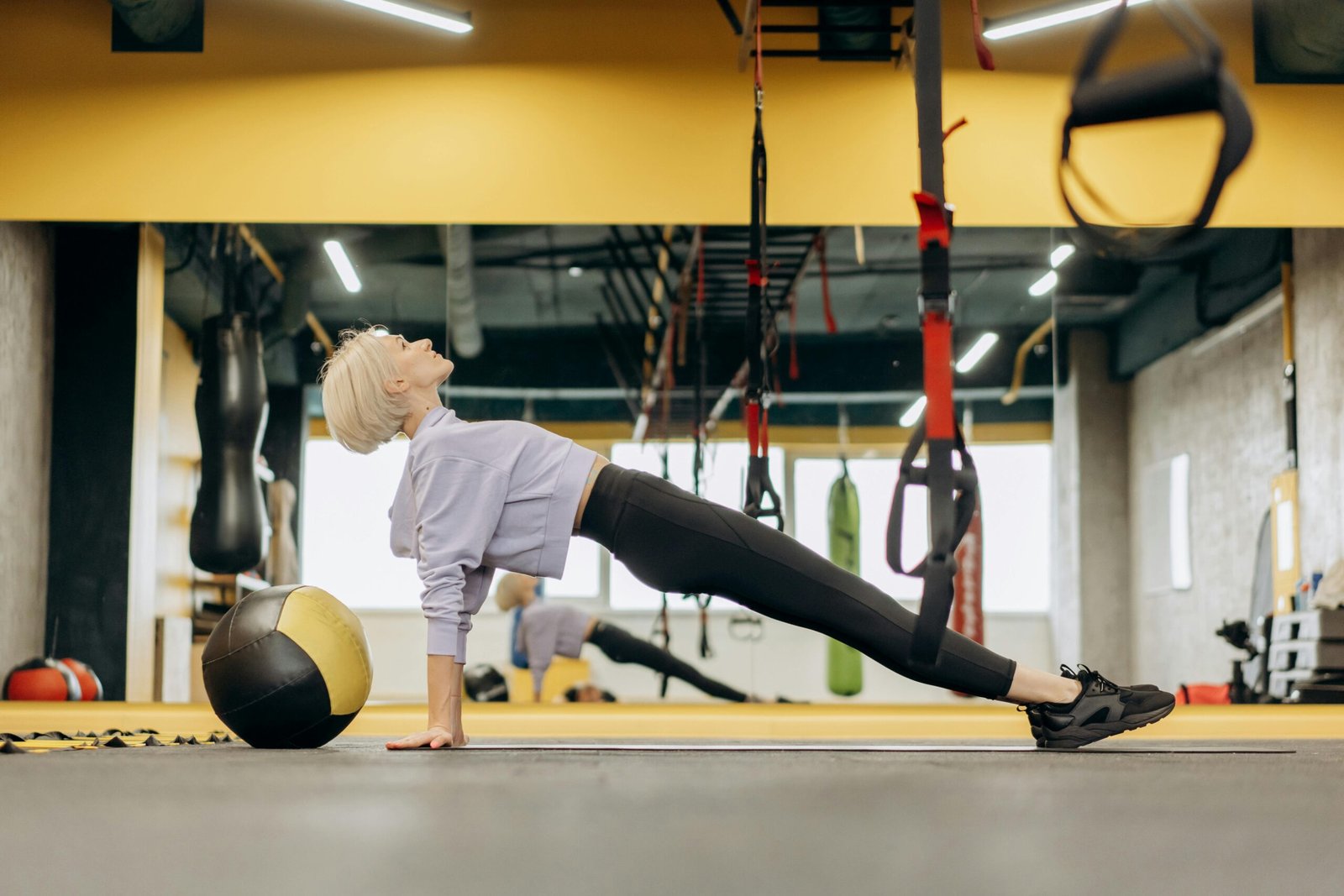The Power of Daily Habits
Incorporating small, positive changes into daily routines can significantly enhance overall well-being. Establishing consistent daily habits not only fosters psychological resilience but also promotes physiological health. Research has shown that regular physical activity, mindfulness practices, and proper hydration can lead to profound benefits over time.
For instance, engaging in regular physical activity, even as simple as taking a 10-minute walk, can improve cardiovascular health, boost mood, and increase energy levels. According to the American Heart Association, short bouts of physical activity can reduce the risk of chronic diseases, such as heart disease and diabetes. Additionally, these activities release endorphins, which are known to enhance mental well-being.
Mindfulness practices, such as practicing gratitude and setting aside time for relaxation, can also yield substantial benefits. Studies published in the Journal of Positive Psychology indicate that regularly expressing gratitude can increase happiness and decrease depressive symptoms. Moreover, dedicating time to relax, whether through meditation or a quiet moment with a book, can reduce stress levels and improve overall mental clarity.
Proper hydration is another crucial habit that significantly impacts well-being. The National Academies of Sciences, Engineering, and Medicine recommend that an average adult consumes about 3.7 liters of fluids per day for men and 2.7 liters per day for women. Maintaining adequate hydration supports various bodily functions, including digestion, temperature regulation, and cognitive performance.
An effective strategy to ensure the adoption of these habits is ‘habit stacking.’ This concept involves pairing new habits with existing ones, making it easier to maintain consistency. For example, linking a new habit of drinking a glass of water immediately after brushing your teeth or practicing gratitude during your morning coffee can simplify integration into your daily routine.
Scientific evidence and expert opinions consistently highlight the benefits of these small, positive changes. Prioritizing daily habits like short walks, mindfulness, and proper hydration can lead to a cumulative impact, greatly enhancing overall well-being over time.
Mindfulness and Mental Health
Mindfulness, a practice rooted in ancient traditions, has gained significant attention in recent years for its profound impact on mental health and overall well-being. At its core, mindfulness involves being fully present and engaged in the current moment, devoid of judgment or distraction. This state of awareness can be cultivated through various practices such as meditation, deep breathing exercises, and mindful eating.
Integrating mindfulness into daily life can be relatively simple yet incredibly effective. Activities like meditation allow individuals to focus on their breath and bodily sensations, fostering a sense of calm and clarity. Deep breathing exercises can be particularly useful in moments of stress, helping to anchor the mind and alleviate anxiety. Mindful eating, which involves savoring each bite and appreciating the sensory experience of food, can transform a routine meal into an act of mindfulness.
The benefits of mindfulness are well-documented. Research has shown that regular mindfulness practice can significantly reduce stress levels, improve focus and concentration, and enhance emotional resilience. These benefits can contribute to a more balanced and fulfilling life. For instance, a study published in the journal “Mindfulness” found that participants who engaged in mindfulness meditation experienced lower levels of stress and greater emotional stability.
For those new to mindfulness, there are numerous resources available to help get started. Apps like Headspace and Calm offer guided meditations that can be tailored to individual needs, from beginner sessions to advanced practices. Breathing techniques such as the 4-7-8 method, where one inhales for four seconds, holds the breath for seven seconds, and exhales for eight seconds, can also be a simple yet effective way to practice mindfulness.
Success stories abound, with many people reporting transformative changes in their mental health after incorporating mindfulness into their routines. Even short, mindful moments throughout the day—like taking a few deep breaths before a meeting or focusing on the sensations of a walk—can significantly impact one’s overall well-being, leading to a more balanced and fulfilling life.







